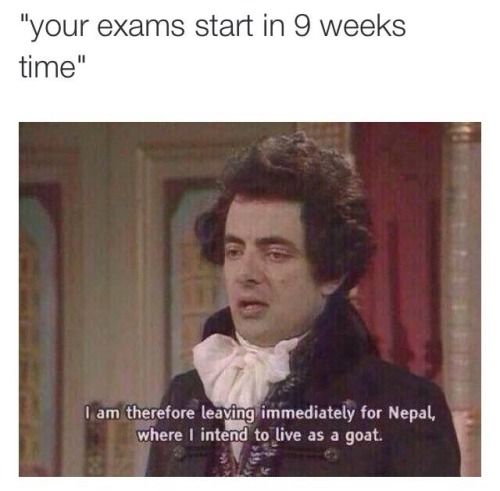Study SkillsThe best, most effective ways to take notesI was a terrible undergraduate student; mainly because I had no idea how to take notes. I just used to scribble down everything the lecturer said, writing until my hand cramped and my fingers spasmed, praying that whatever was important would end up on my page. When it came to use my notes I had to wade through pages of illegible notes and try to sort wheat from chaff. If only I had heard of the Cornell note-taking system. See https://theconversation.com/whats-the-best-most-effective-way-to-take-notes-41961
How to avoid sounding silly in emailsThis is written as advice for students - but I think a whole bunch of us could do with this advice!
|
Updated:13/01/20
How to improve your writing There is a useful web publication with some great open access papers about writing which largely seems to be aimed at students. Is is called Writing Spaces: http://writingspaces.org/essays.
The papers are very clearly written and aimed at improving writing practice. There is also a paper by Irvin 'What is Academic Writing' which is very good: http://writingspaces.org/essays/what-is-academic-writing. The other piece of great advice I've been given comes from writer Anne Lamott. In her book Bird by Bird, she talks about the need to write a “shitty first draft” in order to get to a more polished draft.
I also recommend the blog by Henneke who writes about "How to rescue a shitty first draft". See: www.enchantingmarketing.com/writing-shitty-first-drafts/ Henneke makes this great observation:
There are some great blogs and sites for how to develop good habits - including good writing habits. Despite your pronouncement of personal preferences ("I get better grades if I avoid everything for 6 weeks and then just stay up the night before it's due"), the research shows it's far more productive to develop daily writing habits. People who write for shorter bursts, but more regularly, end up producing far more and of better quality than the last minute crammers. See this great site on how to create a good writing habit: www.cathymazak.com/episode21-what-makes-a-writing-practice-sustainable/ | ||||||

